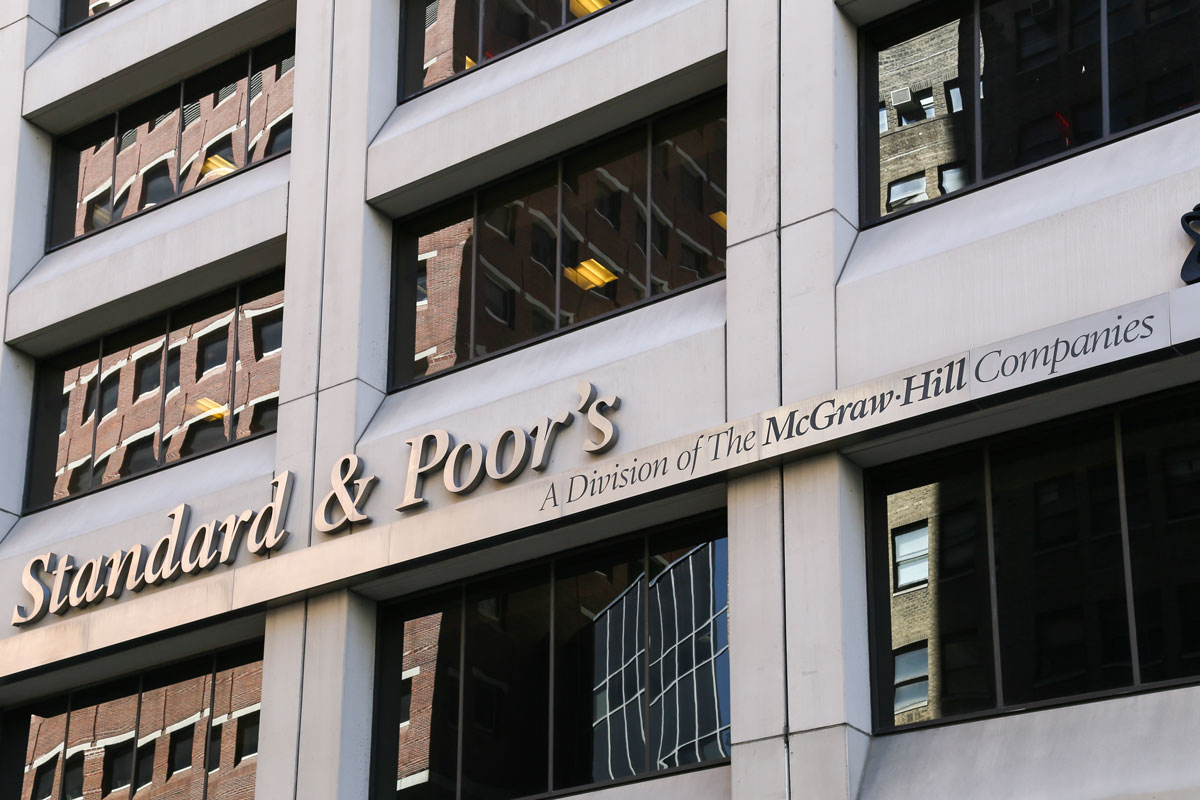S&P Global Ratings on Monday revised its forecast for the decline in India’s economy to (-)9 per cent in the current fiscal, from previously predicted (-)5 per cent, saying that rising COVID-19 cases would keep private spending and investment lower for longer.
S&P Global Ratings Asia-Pacific Economist Vishrut Rana said, “One factor holding back private economic activity is the continued escalation of the COVID-19.”
Advertisement
Rising COVID-19 cases in India will keep private spending and investment lower for longer. S&P Global Ratings now expects the country’s economy to contract by 9 per cent in the current fiscal year, which ends March 31, 2021, the US-based rating agency said in a statement.
S&P’s latest revision comes three months after it made predictions on India’s GDP for 2021. The rating agency had then forecasted India’s economy to contract 5 per cent.
It said the 23.9 per cent contraction in the April-June quarter was larger than expected.
“While India eased lockdowns in June, we believe the pandemic will continue to restrain economic activity. New cases per day in India averaged nearly 90,000 in the week ending September 11, according to data from the World Health Organization. This is up from an average of about 70,000 per day in August. As long as the virus spread remains uncontained, consumers will be cautious in going out and spending and firms will be under strain,” S&P said.
“The potential for further support monetary support is curbed by India’s inflation worries,” added Rana.
S&P joins a host of major rating agencies which have recently revised their forecasts to further downgrade India’s economy. Last week, two other global rating agencies Moody’s and Fitch had projected Indian economy to contract 11.5 per cent and 10.5 per cent respectively in the current fiscal. However, Goldman Sachs has estimated the contraction at 14.8 per cent.
